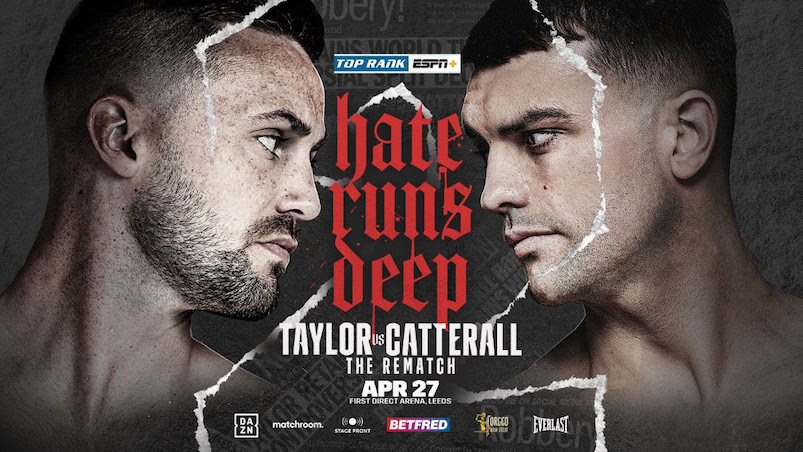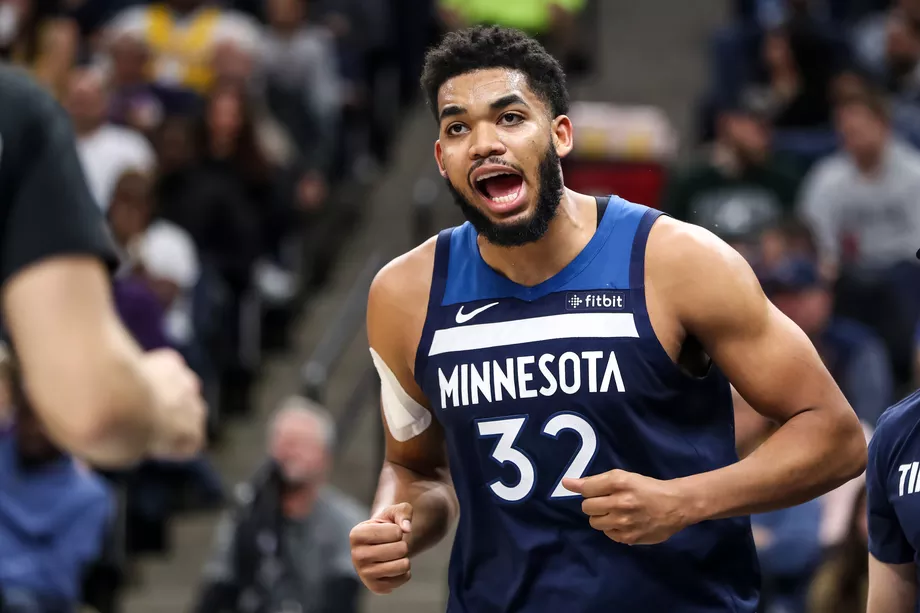Like most basketball writers, I made the pilgrimage to Minnesota in the fall of 2016 for the unveiling of Tom Thibodeau’s second act. After a successful but tempestuous run in Chicago, Thibs had spent the previous year crisscrossing the country in search of esoteric coaching knowledge.
In Minnesota, the demanding Thibs would have the chance to mold the careers of No. 1 overall picks Karl Anthony-Towns and Andrew Wiggins. They, in turn, would have the opportunity to learn from a master tactician. Sky-high projections, with talk of 50-win seasons and potential dynasties, were everywhere.
Thibodeau was measured when I spoke to him at length in his office during my visit. Thibs was so measured that he gave the same process-oriented spiel to everybody else who came through Minnesota during training camp. There were goals, yes, but more importantly there was a vision for how his new team would do things, every minute of every day. Rebuilding a moribund franchise would require time and patience.
Armed with a 5-year deal to see this vision come to fruition, Thibs left nothing to chance, negotiating a second job as president of basketball operations. That proved to be a fatal mistake. Trading away half a young core for one playoff season with Jimmy Butler ended a 14-year franchise postseason drought, but it ultimately cost Thibs both jobs.
Thibodeau was fired a little shy of halfway through his tenure, leaving behind a franchise that is in much better shape than the 29-win team he inherited, but also one that is still searching for itself. Good teams are a dime a dozen in the Western Conference. The Wolves lack an identity or a consistent defensive presence, which was the whole point of hiring Thibodeau in the first place.
So where do they go from here?
This has to be about Karl Anthony-Towns.
Plugged in Wolves reporters have suggested that Towns had nothing to do with Thibs’ dismissal, and there’s no reason to believe otherwise. It also hasn’t been lost on observers that the relationship Thibs was developing with KAT wasn’t exactly the second coming of Tim Duncan and Gregg Popovich.
Under Thibodeau, Towns became an All-Star and an All-NBA performer. There’s still an expectation that he can do more, particularly on the defensive end, where Towns has not become a consistent defensive anchor. Whether it was an outdated scheme or young players being young, the Wolves minimal defensive improvement during Thibs’ tenure is the oddest part of the whole equation.
Regardless of circumstances, Towns has to emerge from this latest franchise shakeup better than he was before. Everything else is secondary to the big man’s continued development. He’s the best player the Wolves have had since Kevin Garnett, and it’s Towns, more than anyone, who can carry the club out of the morass.
With Thibodeau out, Towns will be playing for his third coach in his four years. We’re just about at the midway point of the 8-9 year franchise player life cycle. The four years on his rookie contract are up, and the max extension Towns agreed to in the offseason kicks in next season. Then, the Wolves will truly be on the clock.
They already are in one sense: Towns needs to make an All-NBA team again to even be eligible for the supermax, worth an estimated $190 million over five years. Amid the turmoil and frustration of the last few weeks, KAT has been playing inspired ball. He has every motivation to continue his progress.
Right now, the coach entrusted with getting the best out of KAT is 32-year-old Ryan Saunders.
The son of the late Flip Saunders — the most successful coach the Wolves ever had — Ryan Saunders’ familiar roots seem to matter a lot to owner Glen Taylor. He has suggested Saunders will have a legit shot at earning the full-time gig after this season.
Ryan Saunders is said to be well-regarded by the players, but it’s unclear what the expectations are from management. The Wolves are 18-21 and part of large group of similarly underwhelming Western Conference teams fighting for postseason scraps. Taylor defended the decision to fire Thibodeau now by saying it gave the team enough time to emerge in the West’s top 8.
Would a playoff run justify giving Saunders an extended chance, or would a valiant effort that comes up just short be enough? For a franchise that needs as much consistency and stability it can find, Saunders’ nebulous marching orders leaves the rest of the season open for interpretation.
It’s been that way ever since Jimmy Butler forced his way out of town. Butler’s short tenure and abrupt departure — one nevertheless delayed until 13 games into this season — hangs over everything that’s taken place the last year and a half in Minnesota.
It’s easy to forget that the reaction to the initial Butler trade with Chicago was overwhelmingly positive.
In retrospect, it sounds nice to have a couple of homegrown prospects to continue rebuilding rather than turning the franchise over to the mercurial Jimmy Buckets. A young core with Zach LaVineand Kris Dunn (and maybe Lauri Markkanen) augmenting Towns and Wiggins would have been preferable to the smoldering wreck left in Butler’s wake.
Hindsight overlooks the reality of the moment. LaVine was coming off surgery to his anterior cruciate ligament that cost him almost a full calendar year and most of the following season before he reached restricted free agency. Dunnwas coming off a brutal rookie season, and while he’s shown some upside with the Bulls, he’s also played just 66 games over the last year and a half. (Markkanen would have been nice next to KAT, though.)
Butler was brought in to accelerate the Wolves’ learning curve and break the 14-year postseason drought that hung over the franchise like a curse. He did both, and then he imploded the whole organization for reasons that have never been properly articulated. Was it money? Personalities? Just Jimmy being Jimmy? Yes to all three, apparently.
Thibodeau staked his future on Butler and it cost him his jobs. Most of the moves Thibs made as an executive spoke to his desire to win now, but to suggest his track record was shortsighted to the extreme is absurd. There were other factors at work, such as the logjam of young talent.
The problem with drafting a bunch of lottery potential is you can’t pay everyone.
With LaVine and Andrew Wiggins both approaching restricted free agency, the Wolves chose to ride with Wiggins, offering the former top overall pick a five-year, $149 million full max contract before he had so much as sniffed an All-Star team. Along with Towns’ development, that decision will define the Wolves’ trajectory.
If the Wolves are to make a step beyond annual playoff contention, Wiggins needs to develop into a complementary two-way standout befitting his standing as the team’s other max player. Like Towns, Wiggins is still just 23 years old, and like Towns, Wiggins is always in the lineup, having missed just five game in his career. Unlike Towns, Wiggins has yet to develop consistency or much of a growth curve.
Wiggins can be great one game and absent the next. His shooting and scoring have regressed since averaging almost 24 points a game in his first season under Thibodeau. Wiggins is not much of a rebounder or playmaker and he’s not close to the lockdown defender many projected he’d become. The Wolves need more than a sleeker version of Jeff Green if they are going to maximize Towns’ prime.
How much of Wiggins’ stagnation was on Thibodeau, either directly or indirectly due to Butler’s overwhelming presence, can be debated. That cover is gone now and it’s up to Wiggins to produce.
It’s not as if the Butler experiment left them empty-handed.
When healthy, Robert Covington has been splendid on the wing and is just beginning an affordable four-year contract. Dario Saric, the other main piece of the trade to Philadelphia, has another year left on his rookie deal.
What the Wolves lost in star power with Butler’s exit, they added in depth and stability. Both players seem like strong fits around Towns.
Once the karmic fallout of Butler’s time eventually fades, their relative value versus that of Dunn, LaVine, and Markkanen will provide a truer picture of the machinations that led to this moment. Despite his ouster, Thibodeau has provided the franchise with an outline of a solid basketball team.
Beyond that, there’s uncertainty.
Jeff Teague has a player option he can exercise this summer, and the handful of Chicago veterans who signed on for another go-round with their coach, like Taj Gibson and Derrick Rose, are free agents. Tyus Jones, who has proven capable during Teague’s injury absence, is also a restricted free agent.
All four have provided quality minutes, but it’s worth considering how many are worth the cost going forward. Teague has been solid and Gibson has been a rock, but both are in the tail end of their primes. Rose is the wild card. His on-court renaissance will no doubt be rewarded by someone this summer. Will it be the Wolves without Thibodeau?
General manager Scott Layden, assuming he’s still in place beyond this season, needs to approach this summer cautiously. Overpaying to keep a 40-something win team together is exactly the kind of move that leads to disaster, but letting able veterans go without suitable replacements in mind will do nothing but stunt the team’s growth.
The problem is that caution is in short supply right now. The Wolves have the rest of this year to get their organization aligned behind a common goal of competing during Towns’ second contract. Having cut one long-term vision short, they can’t afford any more missteps.



